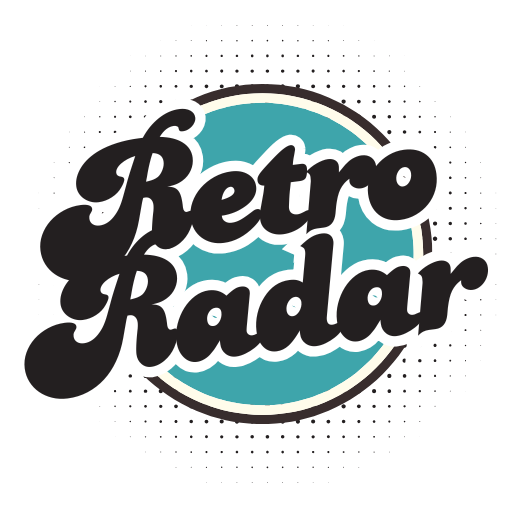13 Unique Jobs You Could Only Find in the ’70s
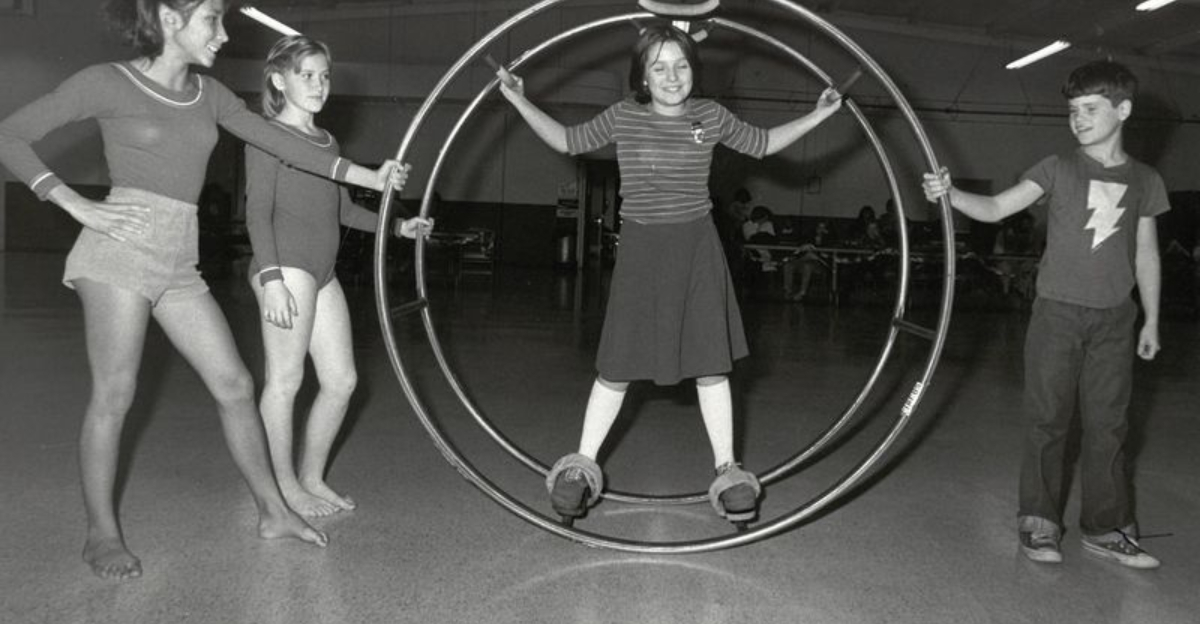
The 1970s were a decade of cultural shifts, groovy fashion, and technological evolution that paved the way for the digital era. Along with bell-bottoms and disco fever, some peculiar jobs emerged that would baffle today’s workforce.
These gigs, although odd now, were popular back then, proving necessity—or pure quirkiness—can create strange professions. Discover 13 odd jobs you could only find in the ’70s.
1. Pet Rock Sitter
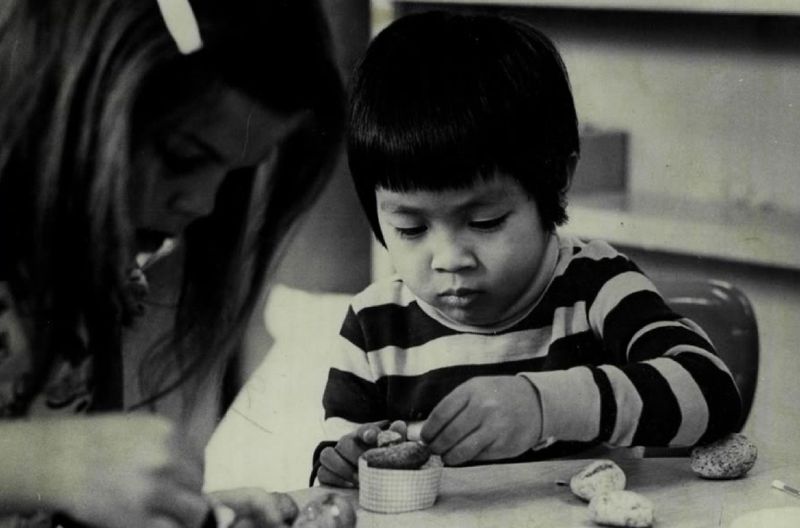
In the ’70s, owning a pet rock was the trendiest fad. If you lacked the time or flair to “care” for your pet rock, you could hire a sitter. Yes, you read that right. This job was perfect for those wanting a quick buck in a world dominated by bizarre fads.
Today, hiring someone to watch over a rock seems laughable. But it worked back then! And while pet rocks have become a humorous memory, they highlight the decade’s quirky creativity.
2. Professional Line Stander
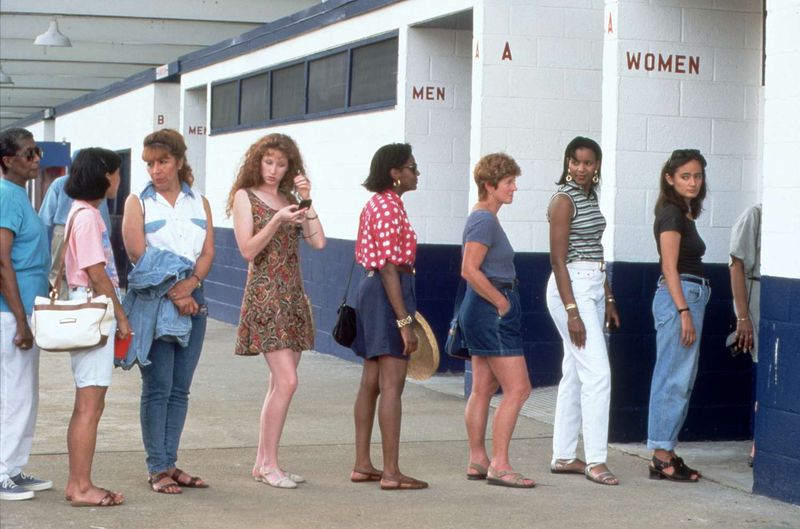
With concerts and tech releases in high demand, some enterprising folks turned line-standing into a profession. For a fee, people hired others to wait in endless lines for concert tickets or new gadgets. Fast forward to today, and online ticketing and waitlist apps have made this job obsolete.
The thrill of camping overnight for tickets has been replaced by the convenience of a click. The 70s showcased how simple tasks could evolve into paid gigs, now a nostalgic relic.
3. Drive-In Movie Attendant
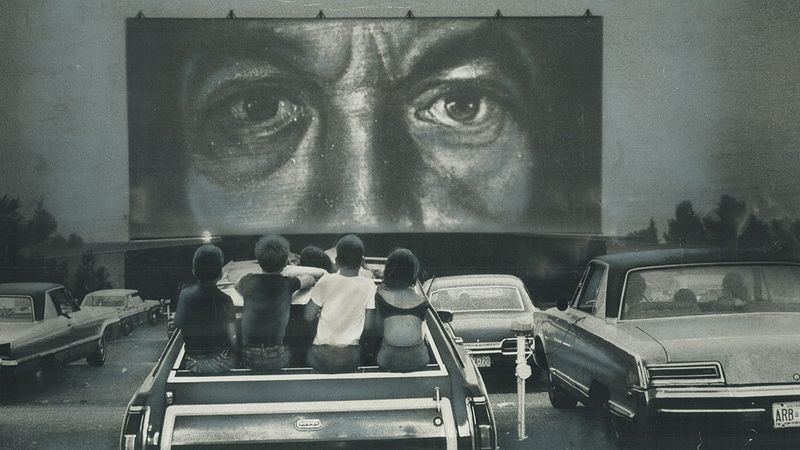
Drive-in theaters were the ultimate date spot, needing vigilant attendants to manage the lot. Their tasks included directing cars, ensuring speaker functionality, and distributing snacks.
The drive-in era has dwindled, replaced by multiplexes and home streaming, taking with it the role of ensuring optimal parking.
While outdoor cinemas exist, the classic drive-in experience and its unique job have faded, leaving behind tales of romantic nostalgia and memorable nights under the stars.
4. Vinyl Record Cleaner
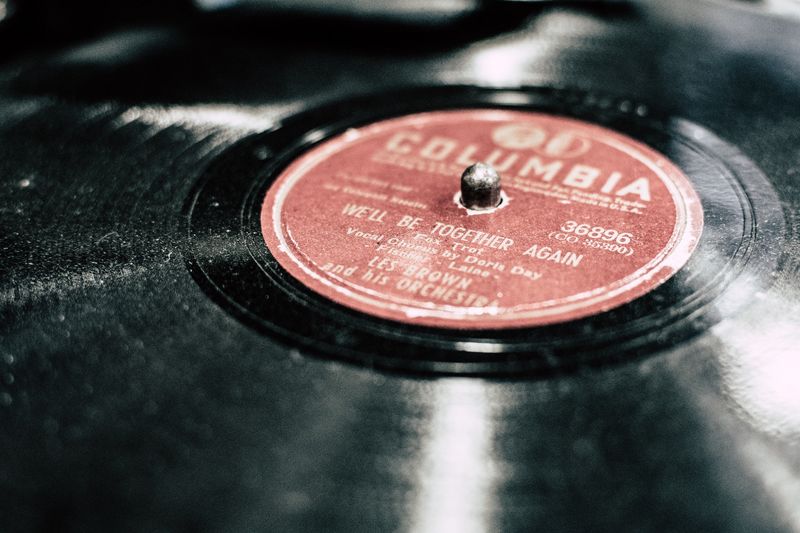
For vinyl lovers, maintaining their collection’s pristine condition was paramount. The vinyl record cleaner used special machines to clean every groove, preserving the music’s integrity. In our digital age, streaming services have rendered this meticulous task obsolete.
However, vinyl’s resurgence among audiophiles keeps the tradition alive. While the job of a professional cleaner is rare, the passion for vinyl endures, with collectors cherishing the tactile and auditory pleasure it offers.
5. Disco Dance Instructor
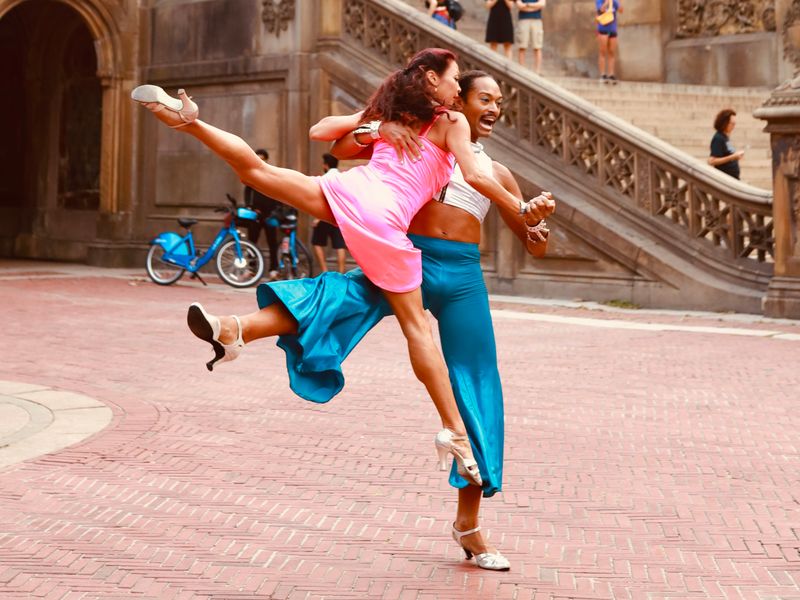
Disco fever led to a boom in dance schools, with instructors teaching the latest moves. If you could strut to the Bee Gees, you could earn a living as a disco dance instructor. Nowadays, while dance instructors remain, disco is a nostalgic memory.
The era of platform shoes and flashy lights may have ended, but its dance legacy thrives. Classes dedicated to retro styles keep the spirit alive, ensuring the groove never completely fizzles out.
6. Professional Hula Hoop Performer
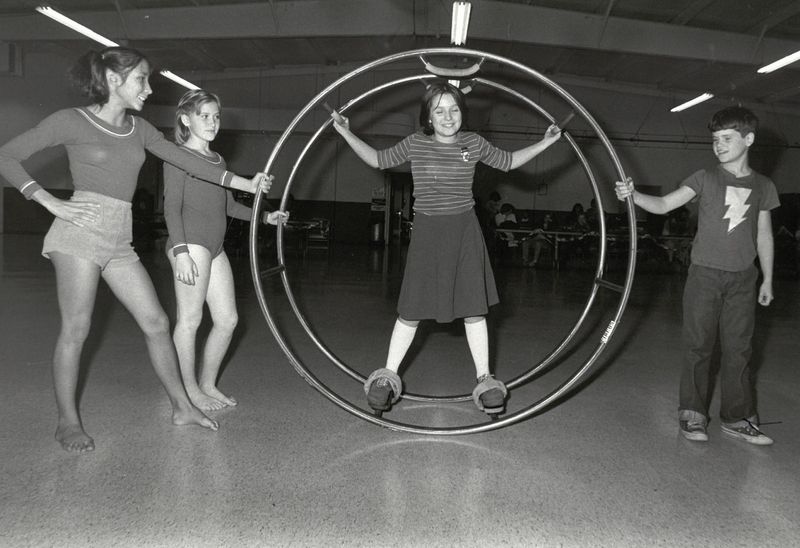
During the hula hoop craze, professionals twirled hoops for a living, performing at events and shows. Entertaining crowds with their agility and flair, these performers became cultural icons. Nowadays, while hula hoops remain a pastime, job opportunities for hooping pros have dwindled.
Yet, their legacy lives on in circuses and fitness classes. The vibrant spirit of the ’70s hoopers continues to inspire those who dance to their own rhythm, celebrating creativity and fun.
7. Pet Psychic

In the ’70s, people sought pet psychics, believing they could mystically communicate with animals. These psychics interpreted behaviors and emotions, offering insights. Today, pet psychics still exist, though not as popular.
The demand for mystical animal communication has waned, but its intrigue remains. Considering the flower power era, this job emphasized harmony and understanding, resonating with those seeking deeper pet connections. A delightful relic of an era embracing the extraordinary.
8. Disco Ball Installer
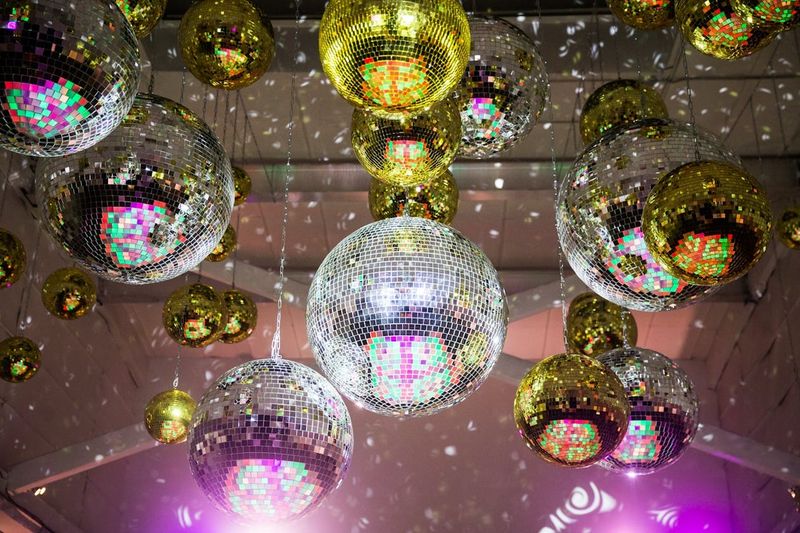
With disco’s rise, the need for dazzling, rotating disco balls soared. Professionals installed these mirrored spheres, setting the perfect dance floor ambiance. While some retro clubs still feature them, hiring someone specifically for installation is rare.
The disco ball’s sparkle symbolizes the era’s celebration and innovation. Though its specific job has faded, its legacy twirls on, capturing the essence of nights filled with music and dancing. A timeless emblem of fun and frivolity.
9. Tupperware Salesperson
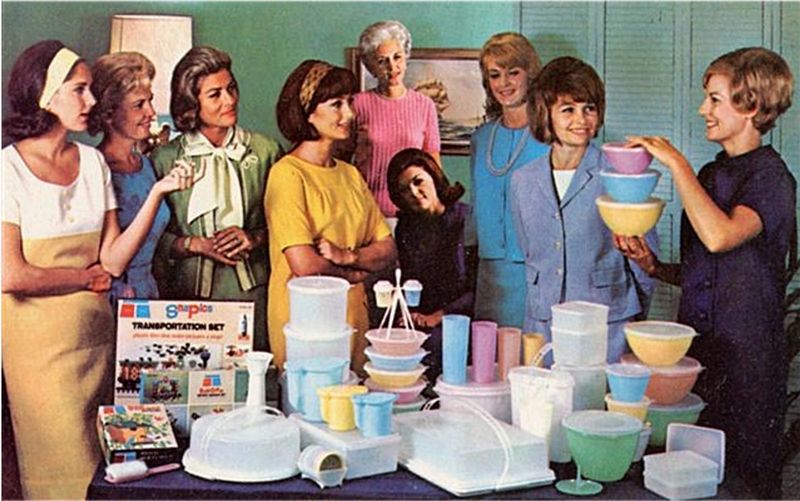
Before online shopping, Tupperware parties were the social event. Hosts demonstrated storage solutions, transforming social networks into sales avenues. Those with charisma thrived in door-to-door selling. Today, Tupperware persists, but consumer habits have shifted to retail and online platforms.
This job, once a staple of community interaction, reflects an era of personal connection. Nostalgic for its gatherings, Tupperware’s legacy endures, a testament to innovative salesmanship and the power of personal rapport.
10. Fashion Plate Model
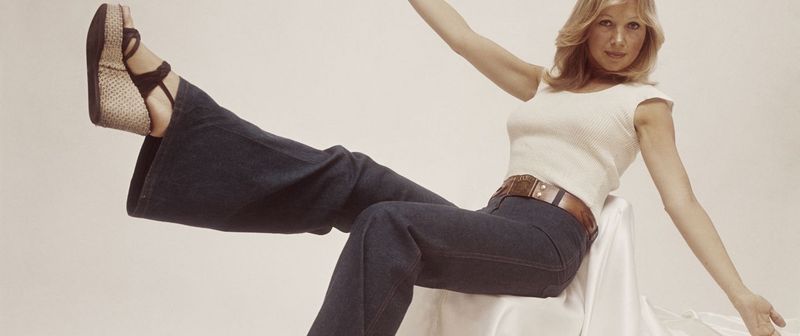
“Fashion plate” models proudly displayed the latest styles in stores, standing as living mannequins for hours. Their role was to entice and inspire shoppers with trend-setting looks. While models are crucial today, the practice of stationary display models is passé.
The job reflects a time when fashion was in-person and immersive. The static model’s era has ended, yet their contribution to visual merchandising remains significant, transforming how we engage with style.
11. Roller Skating Waitstaff
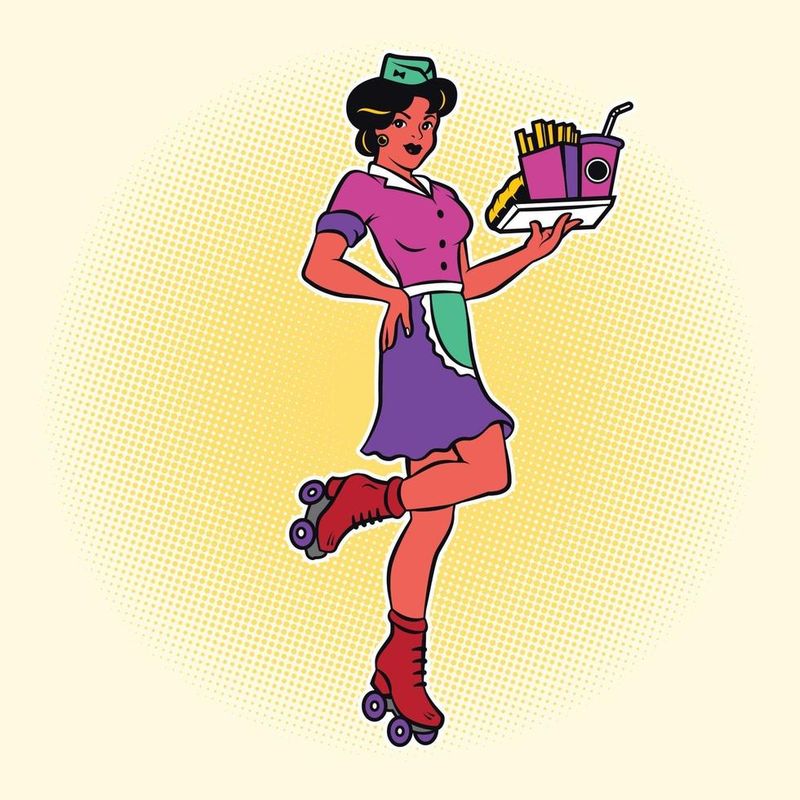
At drive-in diners, roller-skating waitstaff zipped around to deliver orders. This job was fun and fast, perfect for teens. With fast food chains’ rise, the wheel-bound server faded. Today, delivery apps reign, yet the nostalgia for carhops persists.
A symbol of youthful exuberance and efficiency, the roller-skating server represents a bygone era’s charm. Though gone, it evokes fond memories of sociable, roller-fueled dining, where service came with a smile and a glide.
12. Moth Hunter

Believe it or not, the ’70s had a fascination with moths. People hired “moth hunters” to track elusive species, spending nights with light traps in woods. This quirky hobby, fueled by curiosity, was both scientific and recreational. While entomologists still study moths, the dedicated hunter role is rare.
The job symbolizes an era of exploration, blending science with passion. Though no longer common, it celebrates the simple joy of nature discovery and the allure of the obscure.
13. Record Store DJ
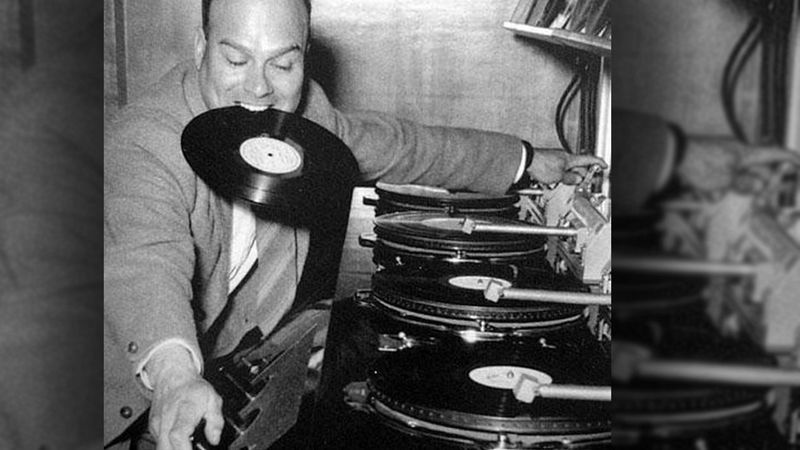
In-house DJs curated store playlists, spinning vinyl to captivate customers. They recommended tunes and created a lively atmosphere. Today, while some indie stores keep this spirit alive, most shops are quieter.
The record store DJ, a relic of a vibrant music scene, epitomized personal touch and engagement. Though replaced by digital playlists, their influence echoes in music culture.
A nod to nostalgia, the DJ’s role remains a cherished memory for music lovers, blending art and commerce seamlessly.
